network rationale
Conceptual grounding
- Disaster Response vs Transition Management – Our current approach to disaster response is myopic in scope due to its emphasis on the triggering event and not on the underlying vulnerable conditions that cause it. It is also myopic in its objective of going back to pre-event conditions instead of bouncing forward to a more sustainable societal state.
- Wicked Problems – Disasters are wicked problems due to their complexity, high levels of uncertainty, the number interests and values involved in their resolution and their intractability and fuzziness. Wicked problems challenge our capacity to properly assess, effectively organize, design and implement courses of action to deal with societal issues. A disaster cannot be solved, but resolved on the bases of its components or determinants.
- Post-Normal Science – We are witnessing the death of the supremacy of science as the only knowledge and the death of the expert as the keeper and guardian of knowledge. This is the new ecology of disaster studies. Adapting to this new ecology is not going to be easy because a lot of time, effort and resources have been invested by individuals, organizations and institutions to claim their preeminence in this area.
- Governance Redesign – We still cling to the state centered, hierarchical, unidimensional decision-making model better known as DAD (decide, announce, defend). The pressures on government today (fiscal, economic, political, environmental, legitimacy) are such that it is very difficult for even capable states to respond to all these pressures satisfactorily and engage in disaster management in the age of climate change.
- Architecture of Relationships – Our current relational structure promotes undervaluing close relationship building previous to collectively facing the threat of an extreme event. That cuts across multiple sectors and societal groups.
We need...
- Current regime disruption – We need to move from episodic event based processes to the governance of uncertainty as a continuous process: anticipating, preparing, identifying and engaging.
- A better understanding of convergence and the science of team science – We need to promote research in these areas, undertake collaborative exercises, explore better problem structuration, design and develop better inter and transdisciplinary environments, and develop academic humility (internalize the fact that some problems do not come with ready solutions).
- New and innovative ways to converge different types of knowledge (scientific, local, individual) – We need to identify and measure lay persons beliefs, values and attitudes, to enhance distributive and procedural justice in our decision-making processes and to promote science democracy and citizen science efforts.
- A more collaborative-based heterarchical scientific governance model – We need to enhance transparency in decision-making processes, explore and determine the proper role of science in decision-making processes, open spaces for transdisciplinary deliberation, and transition from an expert centered hierarchical science communication model.
- A new architecture of relationships – We need to start thinking beyond physical design (building coastal barriers, levees, etc) to redesign our relational spaces (building trust), especially with vulnerable and environmental justice communities. We need to discard preconceived notions and prejudices, to recognize the need of well stablished and long lasting relationships as sustainability enhancers, and to develop a multilevel, multisector, multidimensional, multiperspective, and a multidisciplinary model for relationship creation, development and sustainment through time.
If you want to become part of the RISE Network, please read the following and click the button on the end.
we believe...
- That communities are not passive recipients of aid, neither laboratories for experimentation, nor open for business. That is why we engage in more nuanced and respectful way with impacted communities, valuing their local knowledge and wisdom.
- That survivors have the right to give informed consent and/or refuse participation in our research projects. That is why we respect their trauma and understand that their survival needs can blur that capacity. We plegue to allow them the space to heal.
- That our local colleagues are survivors too. We understand that they have valuable insight of the local conditions, but we are also mindful of their own response and recovery needs. When engaging them in collaborations we plegue to fully value and recognize them in our products such as articles, proposals, interviews, etc.
- That when students are displaced from their homelands and are unable to continue with their studies due to disaster, they are in fact refugees. We understand that their needs go beyond the economics; they include issues of mental health and emotional wellbeing.
- That we not mere observers of disaster reality. We have the responsibility to become policy entrepreneurs, on behalf of the most vulnerable.
As such, I wish to become a member of the RISE Network, an extended peer community, striving to develop a new architecture of relationships for the Collaborative convergence and co-production of knowledge in a just and equitable way.

